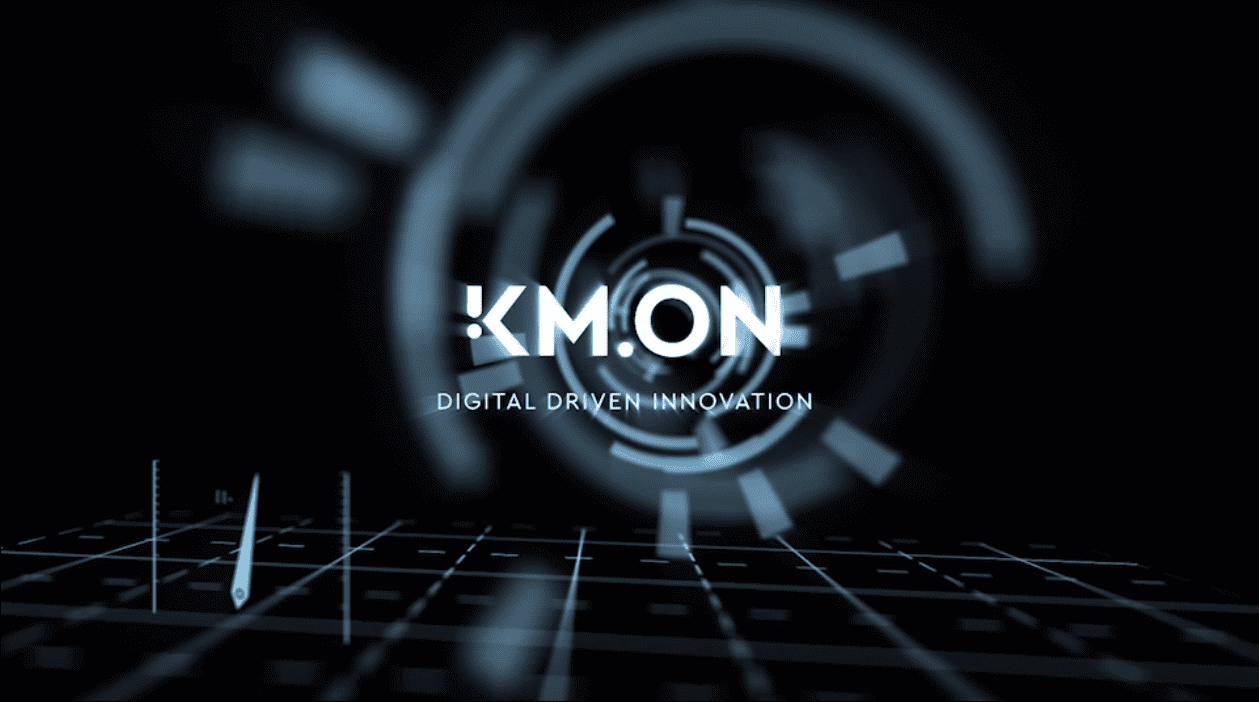Innovative solutions are revolutionizing the production process as the textile industry faces economic uncertainty, rising input costs, and increasing consumer demands for sustainability. KM.ON’s Digital Production Management (DPM) is at the forefront of this transformation, reshaping the textile industry by enhancing efficiency, transparency, and sustainability.
The Digital Shop Floor Management: Embracing a New Era
Integrating advanced information technologies into manufacturing operations, digital shop floor management provides real-time data insights. This transformative concept empowers textile manufacturers to achieve optimal operational efficiency, cost savings, and control over their production processes. It departs from manual and segregated approaches to a seamless, interconnected ecosystem.
Introducing DPM: Revolutionizing Textile Manufacturing
KM.ON’s groundbreaking software solution, DPM, leverages the power of the Internet of Things (IoT) and advanced analytics to create transparency on the shop floor. Production managers gain real-time, production-specific key figures, enabling data-driven decisions for enhanced efficiency. DPM centralizes and optimizes every aspect of the production process, from creating articles and work orders to streamlining production planning.
Introducing DPM’s Exclusive Characteristics
DPM offers a range of specialized features tailored specifically for the warp knitting sector:
- Performance Report: Identify patterns, optimize resource allocation, and drive continuous improvement through a comprehensive overview of factory performance.
- Piece Overview: Access real-time information on production progress and estimate completion times effortlessly.
- Quality Report: Monitor and analyze quality-related data, enabling proactive measures to maintain consistent quality standards.
- Article Management: Efficiently manage fabric-related parameters for standardized and reproducible production processes.
- Machine Report: Optimize machine utilization, minimize downtime, and maximize productivity with live updates on machine performance.
- Production Planning: Make informed decisions with a clear view of production plans, ensuring optimal resource allocation and on-time delivery.
Advantages of DPM
DPM’s implementation brings a host of benefits for textile fabric managers and owners:
- Increased Productivity: Identify bottlenecks and streamline operations, increasing productivity and reducing costs.
- Administrative Efficiency: Minimize paperwork and administrative overhead, allowing personnel to focus on value-added tasks.
- Quality Assurance: Proactively address issues and maintain quality standards through transparency into fabric quality and production progress.
Embracing the forefront of the digital revolution
KM.ON’s DPM exemplifies the textile industry’s digital transformation by integrating real-time data, advanced analytics, and operational control. By embracing DPM, textile fabric managers and owners unlock the potential for increased revenue and optimized costs, positioning themselves for greater profitability in the dynamic market environment.
Embrace the Cutting-Edge Today
With the digital shop floor and solutions like DPM, the textile industry is embracing efficiency, transparency, and sustainability. Textile manufacturers worldwide can redefine their processes, drive growth, and secure a thriving future by partnering with KM.ON and adopting DPM in the ever-evolving textile landscape.

